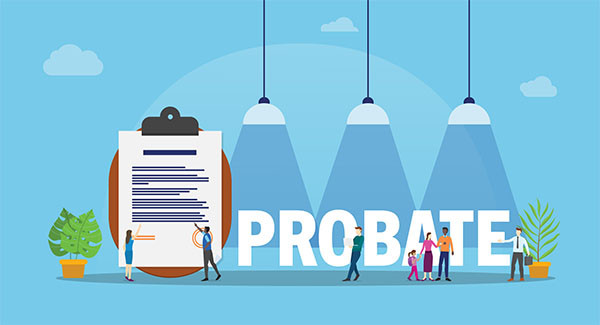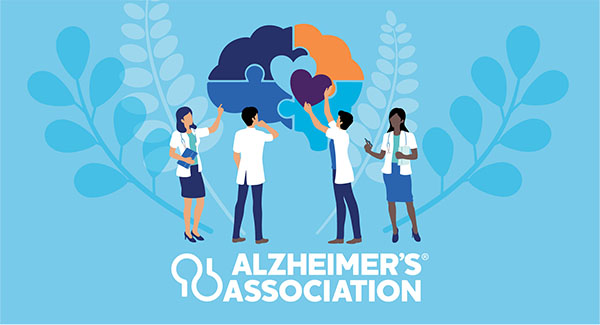Have you ever forgotten where you put your car keys only to find them in the kitchen? Or do you need help with a new app on your smart phone? Have you ever struggled to find a word only for it to pop into your brain an hour later?
While scenarios like these can be frustrating, they are typical age-related issues and not necessarily signs of either dementia or Alzheimer’s.
Understanding the differences between old age and Alzheimer’s or other dementia is important as you or the people your care about grow older. Knowing the symptoms and where to get assistance is key to living with these types of diseases.
WayForth is your trusted, professional senior move management company. Our complete move solutions take the stress and hassle out of moving by helping you every step of the way. Contact our professional movers today for help on your next move!
What is happening?
Dementia is a general term for loss of memory and other thinking abilities severe enough to interfere with daily life.
Alzheimer’s is a type of dementia that affects memory, thinking and behavior. Symptoms eventually grow severe enough to interfere with daily tasks.
These words – dementia and Alzheimer’s – are often used as catchall phrases or even to make light of a “senior moment.” But, dealing with serious memory loss is never a joke.
Alzheimer’s or dementia can be difficult on both the person who has been diagnosed and the people around them.
10 early signs
The first step to figuring out if you or someone you care about has Alzheimer’s or related dementia is to talk to a doctor if you suspect any symptoms. According to the Alzheimer’s Association, these can include:
- Memory loss that disrupts daily life
- Challenges in planning or solving problems
- Difficulty completing familiar tasks
- Confusion with time or place
- Trouble understanding visual images and spatial relationships
- New problems with words in speaking or writing
- Misplacing things and losing the ability to retrace steps
- Decreased or poor judgement
- Withdrawal from work or social activities
- Changes in mood and personality
An emotional time
If there is a positive diagnosis for your or a loved one, you may encounter some emotions you may not have anticipated. These can include anger that your life is changing in a way you can’t control or denial about the disease and its progression. Relief is also an emotion that comes up because now you at least know what’s happening and can take action.
Education is key
At this point in the journey, education is key to help come to terms with the diagnosis and to be an active participant in decisions. You can work with your healthcare team to implement a treatment plan as well as learn as much as you can. There are many resources on the Internet, but one of the best is from the Alzheimer’s Association. You’ll find valuable information and resources to support you and your family.
At WayForth, we take the stress off of individuals and families as they transition to a new community or home. This includes assisting people who may be experiencing Alzheimer’s or dementia. If you would like to talk to us about our services for seniors and families, contact us today.
Source: alz.org






